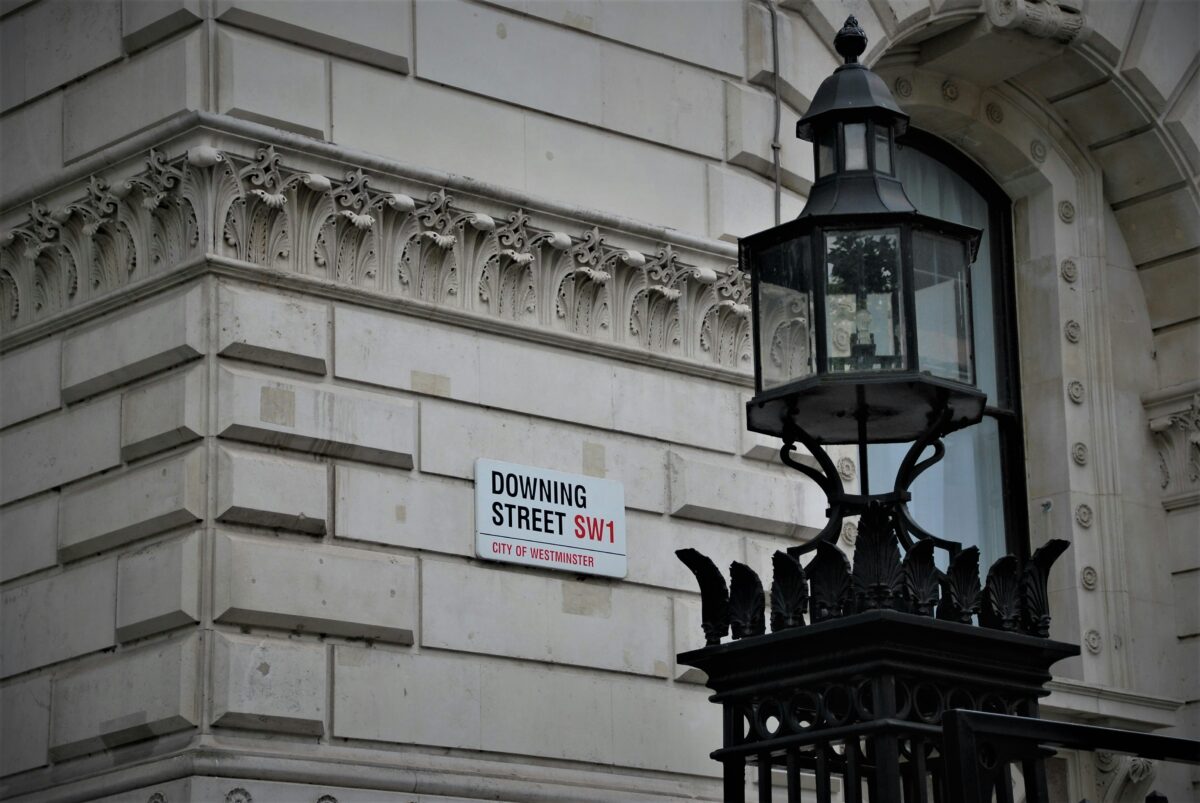It’s been a whirlwind two weeks for the UK solar industry. Chris Hewett, chief executive of Solar Energy UK, told pv magazine he believes the new UK government “unambiguously” wants the industry to grow, a first for the trade association.
“It’s central to their economic strategy,” said Hewett, “There is no path to their growth strategy that doesn’t go through the clean energy transition.”
The Labour Party’s landslide victory in the General Election has been followed by strong signals to the market that PV will be a priority for the government. Within days of the election there were indications to developers that key decisions on major projects would be delivered quickly, and the new Secretary of State for Energy Security and Net Zero (DESNZ) Ed Miliband has already green lit three utility-scale projects for a combined total of more than 1.3 GW of new installed capacity.
His first few days in office also saw Miliband appoint former Climate Change Committee chief executive Chris Stark to lead a new clean energy taskforce, and DESNZ has confirmed it will reactivate the Solar Taskforce – a government-industry body co-chaired by the secretary of state and Hewett.
It’s been a quick start but there is more to come. Hewett said the Solar Roadmap, a document setting out a clear step-by-step deployment trajectory, will now be reworked with respect to the government’s more ambitious capacity targets. The roadmap was on the verge of being published before the General Election was called, it now looks likely the updated version will be released some time in fall 2024.
Since taking office, Miliband has also called for a “rooftop revolution” and Hewett expects support for residential PV as part of Labour’s Warm Homes Plan, a policy which will see the government provide grants and low interest loans to support investment in improving household energy efficiency. This would complement the forthcoming Future Homes Standard and Future Buildings Standard, regulations which are expected to effectively mandate solar on new buildings in England.
At the utility scale, there is potential for more projects exceeding 50 MW capacity to secure approval in the coming weeks, according to Gareth Phillips, a partner at international law firm Pinsent Masons. In England, solar projects with capacity greater than 50 MW require the secretary of state to grant a development consent order (DCO) before construction begins. Only six DCOs have ever been granted for solar projects and Phillips identified a further three projects that Miliband will need to rule on before September 5. Pinsent Masons represented all three solar projects granted consent by the new secretary of state on July 12. Phillips told pv magazine that for its first week in office, the new government “couldn’t make a bolder statement about what they want to do.”
“It’s obvious that they mean business and they want to give that signal out,” he said.
One key signal sent out by Miliband is that he is willing to go against advice when deciding whether to grant a DCO. While the planning inspectorate recommended Miliband grant DCOs for two projects, Mallard Pass and Gate Burton, it advised against granting a DCO for Sunnica Energy Farm. Phillips said that for a secretary of state to go against the recommendation of an experienced planning inspector, “the reasons for doing so have to be strong.”
“It’s a harder task. It’s easy to go with the recommendation, it’s harder to go against it,” he said.
There is a caveat. When deciding on DCOs the secretary of state must act in the national interest as set out in national policy statements, the guidance on which projects are assessed. The ruling on Sunnica, which was originally scheduled for 2023, was subject to delays. Updated versions of the national policy statements came into force in January 2024, after Sunnica was assessed. The update assigns critical national importance status to all forms of low carbon infrastructure, meaning there is an expectation that national need should outweigh local impacts, according to Phillips.
“That would have given [the secretary of state] more reason to be bold and say no, the national policy is now very clearly in favor of this critical national priority infrastructure,” he said.
This content is protected by copyright and may not be reused. If you want to cooperate with us and would like to reuse some of our content, please contact: editors@pv-magazine.com.



1 comment
By submitting this form you agree to pv magazine using your data for the purposes of publishing your comment.
Your personal data will only be disclosed or otherwise transmitted to third parties for the purposes of spam filtering or if this is necessary for technical maintenance of the website. Any other transfer to third parties will not take place unless this is justified on the basis of applicable data protection regulations or if pv magazine is legally obliged to do so.
You may revoke this consent at any time with effect for the future, in which case your personal data will be deleted immediately. Otherwise, your data will be deleted if pv magazine has processed your request or the purpose of data storage is fulfilled.
Further information on data privacy can be found in our Data Protection Policy.